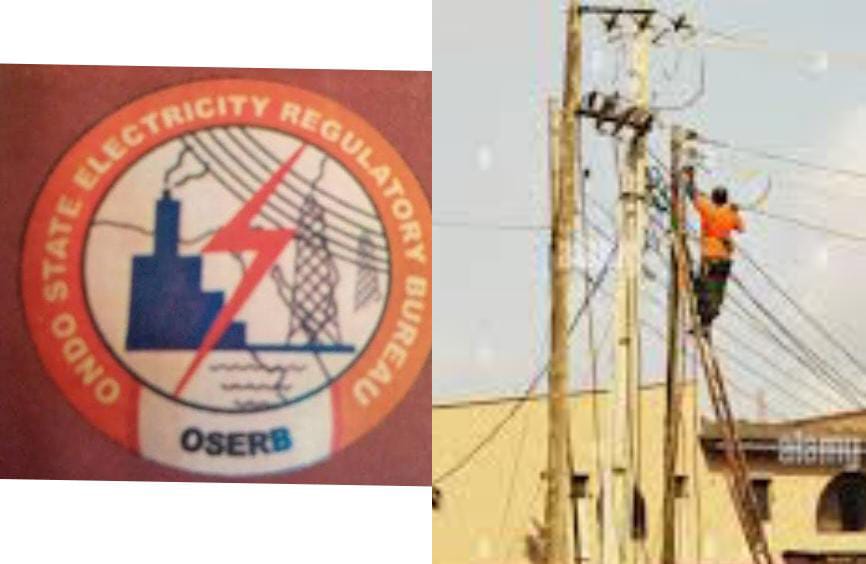
Fast developing global cities of the world such as Dubai, Lagos, and similar urban areas that have been constructed in regions previously deemed uninhabitable, are emblematic of 20th-century urban development philosophies. These philosophies often lead to the creation of infrastructures that obstructed natural water absorption systems, thereby altering the original landscape’s hydrological dynamics.
The situation is further complicated by the rapid population growth in these cities. The influx of people not only increases the demand for habitable land, leading to further urban expansion, but also escalates the production of waste.
This necessitates the creation of more landfills and the implementation of other waste disposal methods, which can potentially exacerbate the disruption of natural water systems.
As a result, these cities face a significant drainage challenge. This issue is particularly pertinent for major global cities like Dubai, Lagos, etc which are experiencing increasingly frequent and substantial rainfall events. Without effective and sustainable urban planning and waste management strategies, these cities will continue to grapple with the complex issue of water management in the face of changing climatic conditions.
To address these issues, we recommend Community Engagement and Policy Measures as well as Effective Waste Management practices. Engaging the community in water management efforts and implementing effective policy measures are vital for successful urban water management.
Also, implementing comprehensive strategies to identify and mitigate pollutant sources is essential. This includes the treatment and recycling of industrial wastewater, clearing of drainages, and effective management of landfills.
Dr Abiola Basorun
The Group Managing Director & CEO, ZLGA










